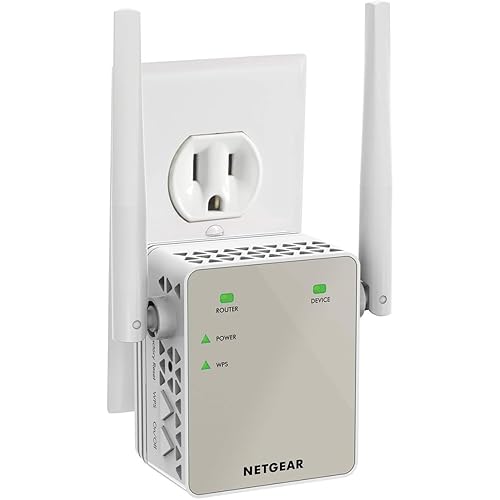Synology RT2600ac – 4x4 dual-band Gigabit Wi-Fi router, MU-MIMO, powerful parental controls, Threat Prevention, bandwidth management, VPN, expandable coverage with mesh Wi-Fi







Buy Now, Pay Later
- – Up to 36-month term if approved
- – No impact on credit
- – Instant approval decision
- – Secure and straightforward checkout
Ready to go? Add this product to your cart and select a plan during checkout.
Payment plans are offered through our trusted finance partners Klarna, Affirm, Afterpay, Apple Pay, and PayTomorrow. No-credit-needed leasing options through Acima may also be available at checkout.
Learn more about financing & leasing here.
Selected Option
This item is eligible for return within 30 days of receipt
To qualify for a full refund, items must be returned in their original, unused condition. If an item is returned in a used, damaged, or materially different state, you may be granted a partial refund.
To initiate a return, please visit our Returns Center.
View our full returns policy here.
Size: 280 mm x 169 mm x 77 mm
Style: RT2600ac
Features
- 1.7GHz Dual-core processor for fast, uncompromising performance
- Powerful 4x4 802.11ac wave 2 radios with MU-MIMO and up to 2.53Gbps breakthrough wireless speeds
- Smart Connect for seamless transition between maximum speed or range
- Hardware accelerated Layer 7 traffic control and monitoring
- Dual WAN capable for load balancing and failover support
- Create advanced VPNs with WebVPN, Synology SSL VPN, and SSTP VPN capability
- US version
- Check Synology knowledge center or YouTube channel for help on product setup and additional information
Description
Redefine your network with Synology Router RT2600ac's powerful wireless capabilities and rock-solid, security-focused Synology Router Manager core. Designed for both homes and offices, MU-MIMO support ensures more devices can connect at higher speeds while SRM's Parental Controls and Traffic Manager allows simple management and fine-tuning of network traffic. Power Frequency - 50/60 Hz, Single Phase
Brand: Synology
Model Name: RT2600ac (US)
Special Feature: Beamforming, Parental Control
Frequency Band Class: Dual-Band
Wireless Communication Standard: 802.11ac
Compatible Devices: Personal Computer, Smartphone
Recommended Uses For Product: Monitoring
Included Components: 1 x AC power adapter, 1 x Quick Installation Guide, 1 x RJ-45 LAN cable, 1 x RT2600ac main unit, 4 x Antenna See more
Connectivity Technology: wireless
Color: Black
Product Dimensions: 6.65 x 11.02 x 3.03 inches
Item Weight: 1.54 pounds
Item model number: RT2600ac (US)
Is Discontinued By Manufacturer: No
Date First Available: January 7, 2017
Manufacturer: Synology
Frequently asked questions
To initiate a return, please visit our Returns Center.
View our full returns policy here.
- Klarna Financing
- Affirm Pay in 4
- Affirm Financing
- Afterpay Financing
- PayTomorrow Financing
- Financing through Apple Pay
Learn more about financing & leasing here.


















